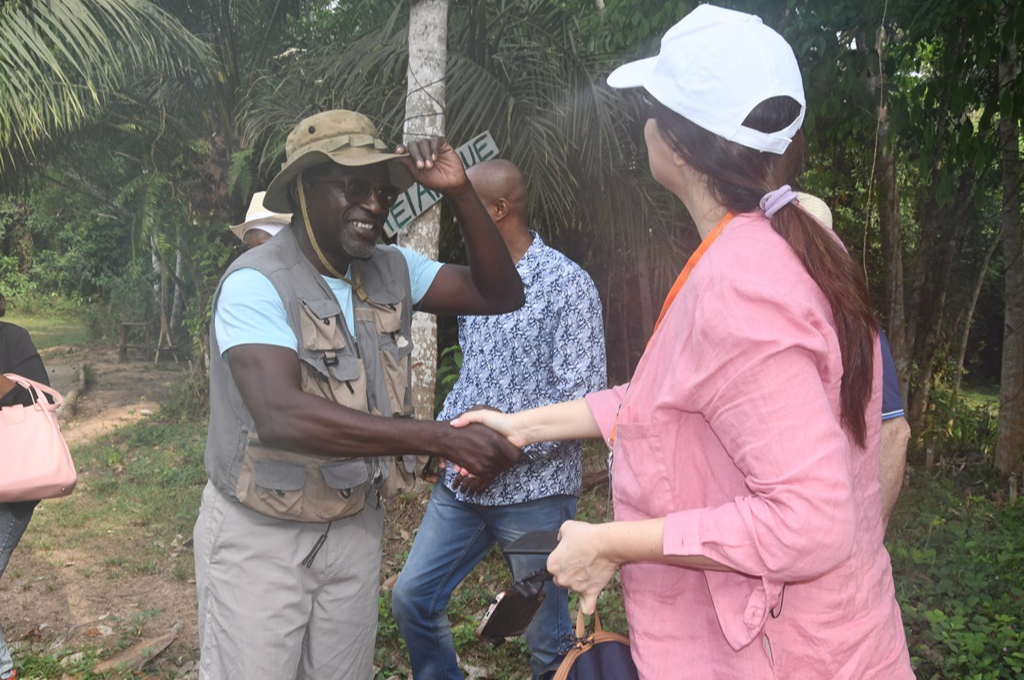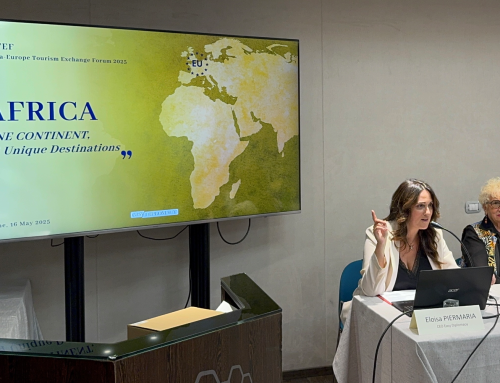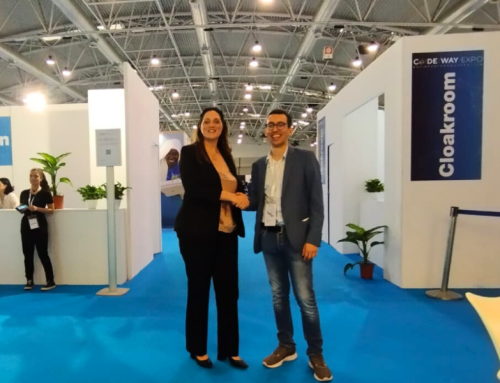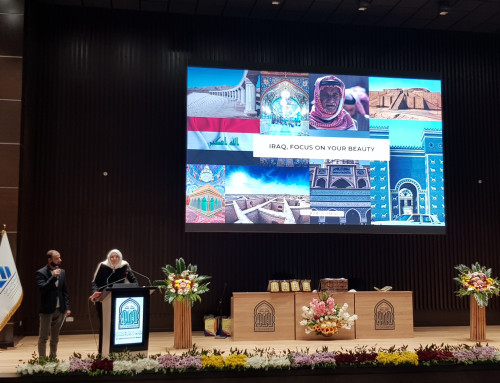For Sustainable Trade and Tourism
Rome, 21st May 2024
Raw materials – or commodities – represent not only one of the foundations of the global economy, but also the unique and distinctive Beauty of each territory.
From the precious gems of Africa to the aromatic spices of Asia, from the lush forests of the Amazon to the salt pans of Sicily, each natural resource carries a unique charm. These raw materials not only contribute to the local economy, but are also an integral part of the culture and tradition of the people who live in those territories.
For example, precious stones such as diamonds, emeralds and rubies are not only luxury goods, but also represent the geological history and specific soil conditions of each region. Similarly, spices such as cinnamon, cardamom and pepper are not just culinary ingredients, but symbols of historical trade routes and cultural interactions between different civilisations.
And precisely because they tell stories of biodiversity, geology and culture, the extraction and trade of these resources must be carefully managed to ensure environmental and social sustainability.
Trade Opportunities
But let us look together at how raw materials represent trade opportunities for each country and how they can be used to promote sustainable trade.
First and foremost, raw materials offer opportunities for economic diversification, which are essential for a Country’s stability. For example, oil reserves in the Middle East, copper deposits in Chile, and gold mines in South Africa are crucial for the economies of these countries. Diversification through the export of raw materials allows countries to mitigate the risks associated with dependence on a single economic sector, ensuring a constant source of revenue.
The extraction and processing of raw materials generates numerous jobs, both directly and indirectly. In Peru, for example, the mining sector is a major source of employment, contributing significantly to national income. This industry not only employs millions of people but also creates development opportunities in local communities by improving infrastructure and services.
Advanced technologies such as automation and artificial intelligence are transforming mining and agriculture, improving efficiency and reducing operating costs. Companies that invest in these technologies can gain a significant competitive advantage by improving productivity and reducing operational risks.
In addition, regions rich in natural raw materials can also promote Sustainable Tourism. Breathtaking landscapes and natural resources, such as diamond mines in Botswana or coffee plantations in Colombia, attract tourists from all over the world. This type of tourism not only brings direct revenue but also raises awareness of the importance of conservation and responsible exploitation of natural resources.
Trade yes, as long as it is Sustainable
To maximise the economic benefits of raw materials while maintaining sustainability, it is essential to adopt responsible extraction and trading practices. As an illustrative example, responsible resource management can be demonstrated through the use of low environmental impact technologies, such as reducing the use of hazardous chemicals like mercury in gold extraction. Also, certification programmes and international standards can help to monitor and verify the origin of raw materials, ensuring that they have been obtained sustainably while respecting human rights.
A very good example of sustainable trade is Fairtrade Coffee and Cacao. These products are grown according to agricultural practices that respect the environment and workers’ rights. Fairtrade certifications ensure that producers receive a fair price for their work, thus contributing to the socio-economic development of local communities.
Similarly, the timber industry is increasingly adopting sustainable forest management practices. FSC-certified forests are managed in a way that preserves biodiversity, protects the rights of indigenous peoples and ensures that forest resources are used responsibly.
The contribution of Easy Diplomacy
As part of its Territorial Promotion and Country Development activities, Easy Diplomacy recognises raw materials as an emblematic example of a nation’s Beauty. The wealth and variety of natural resources not only represent a priceless heritage, but also a symbol of cultural and territorial identity that must be carefully protected.
Therefore, promoting sustainable trade in raw materials is essential to ensure that these resources continue to contribute to both the economic and environmental well-being of future generations. This is a smart strategy to ensure prosperity in the long term and for generations to come.
Our Experts and Partners can also support you in the trade of raw materials. Thanks to their vast experience and knowledge of the global market, they can provide targeted consultancy on how to navigate the complexities of international trade more easily, effectively and sustainably.
They will help you establishing positive relationships with local authorities and people, which can lead to a number of benefits for both the company and the communities involved. By cooperating closely with local authorities, it is possible to ensure compliance with applicable laws and regulations. This helps avoid legal disputes and compliance issues, and can facilitate the resolution of any questions or problems that may arise during business activities.
Establishing positive and collaborative relationships with authorities and the local population can help to enhance corporate reputation and build trust within the community. This can be essential to gain public support for business activities and to maintain the social licence to operate in the long term.
Through our commitment to sustainable business and collaboration with industry experts, we strive to create opportunities that are beneficial to all stakeholders, promoting economic development in harmony with environmental conservation and respect for local communities.














